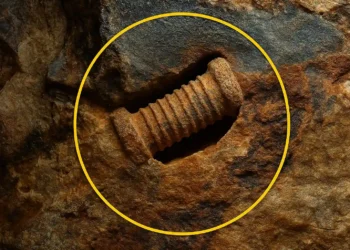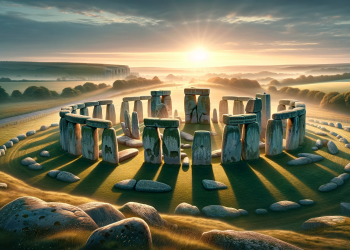The subject of Unidentified Flying Objects (UFOs) has fascinated people for decades, with reports of sightings dating back to the early 20th century. Over the years, the topic has gained increasing attention from the public and the media, and has sparked a range of research and scientific investigations. This essay will explore the history of UFOs, how the subject has changed over the years, and the impact that it has had on the 21st century.
UFO sightings have been reported throughout history, but it wasn’t until the mid-20th century that the subject gained widespread attention. In 1947, a pilot named Kenneth Arnold reported seeing a formation of flying objects near Mount Rainier in Washington State, which he described as “saucer-like.” This report was widely covered by the media, and the term “flying saucer” was coined. Soon after, reports of similar sightings began to surface, and the topic became a subject of public fascination.
Back in the day
Throughout the 1950s and 1960s, interest in UFOs continued to grow, and a number of organizations and groups were established to investigate the phenomenon. One of the most notable of these was the US Air Force’s Project Blue Book, which ran from 1952 to 1969 and investigated thousands of reported UFO sightings. While the project concluded that the vast majority of sightings could be explained by natural phenomena or human error, a small percentage remained unexplained, leading to ongoing speculation and debate.
In the 1970s and 1980s, interest in UFOs waned somewhat, but the subject continued to be explored by a small group of researchers and enthusiasts. In the 1990s, however, the subject gained renewed attention with the release of a series of videos purportedly showing UFOs. These videos, which were widely circulated on the internet, reignited public interest in the topic and sparked a new wave of research and investigation.
Recent years
In recent years, UFOs have gained even more attention, thanks in part to the efforts of organizations like the To the Stars Academy of Arts and Science, founded by former Blink-182 musician Tom DeLonge. The organization, which includes former government officials and scientists, has worked to investigate and document UFO sightings and has released a number of videos and reports detailing their findings.
The impact of the UFO phenomenon on the 21st century is multifaceted. On the one hand, it has fueled a thriving subculture of enthusiasts and researchers dedicated to exploring the subject and pushing for greater scientific investigation. On the other hand, it has also been the subject of skepticism and ridicule, with many dismissing it as a pseudoscientific or conspiracy theory.
Despite this, there is growing recognition among scientists and government officials that the UFO phenomenon is worthy of serious investigation. In 2020, the US Department of Defense released a series of declassified videos showing Navy pilots encountering unidentified flying objects, acknowledging that known aircraft or technology could not explain the sightings. This acknowledgment has sparked renewed interest in the topic and has led to calls for greater scientific investigation and collaboration.
Conclusion
In conclusion, the subject of UFOs has captured the imaginations of people around the world for decades. While the topic has been subject to skepticism and ridicule, there is growing recognition that it is a phenomenon worthy of scientific investigation. As we enter the 21st century, the subject of UFOs remains a fascinating and intriguing mystery, and one that continues to capture the attention of researchers, enthusiasts, and the general public alike.
PLEASE READ: Have something to add? Visit Curiosmos on Facebook. Join the discussion in our mobile Telegram group. Also, follow us on Google News. Interesting in history, mysteries, and more? Visit Ancient Library’s Telegram group and become part of an exclusive group.











